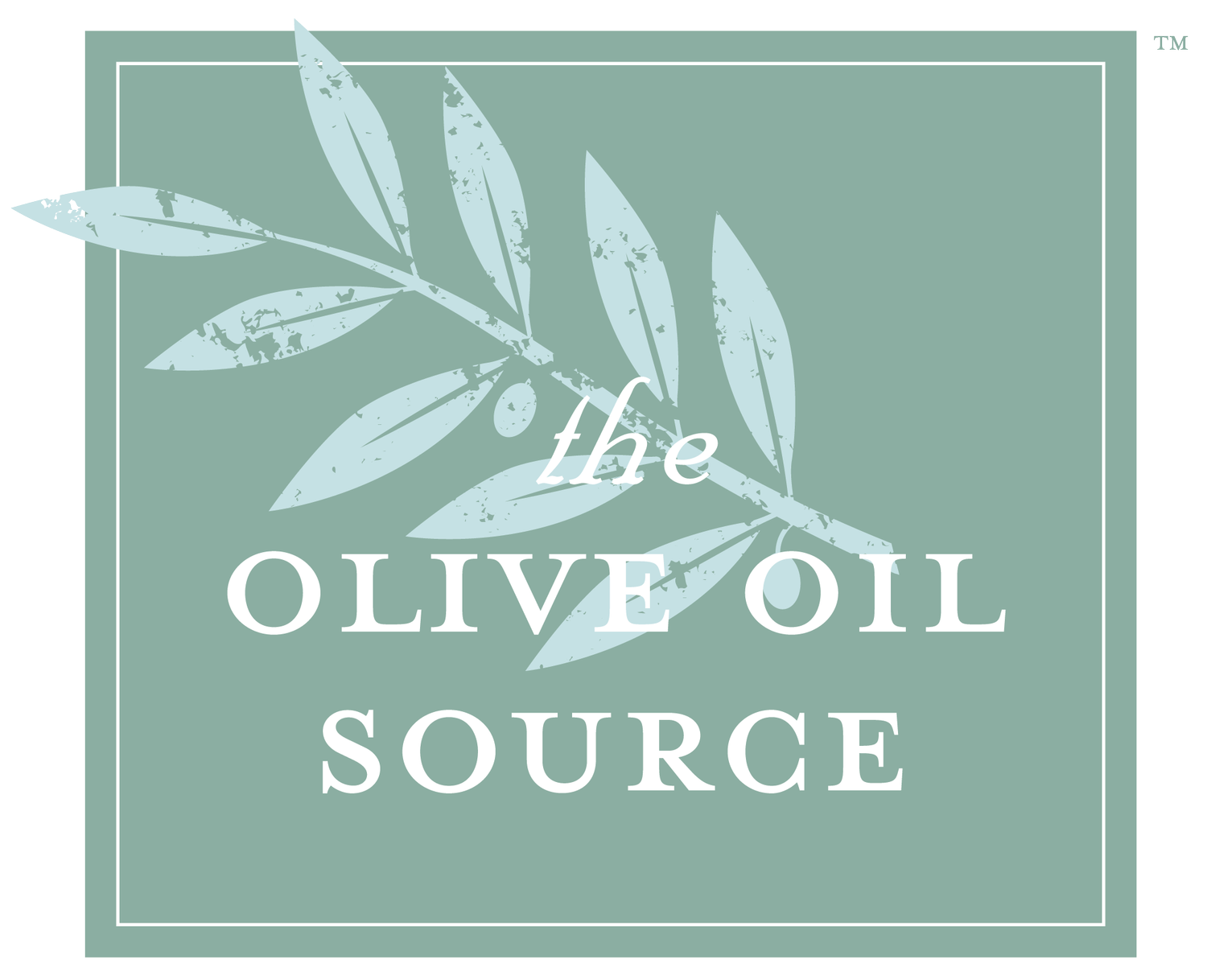
Virgin Olive Oil Category:
According to the International Olive Oil Council, all virgin olive oils are obtained only from the olive, the fruit of the olive tree, using solely mechanical or other physical means, in conditions, particularly thermal conditions, which do not alter the oil in any way. They have not undergone any treatment other than washing, decanting, centrifuging, and filtering. This excludes oils obtained by the use of solvents or re-esterification methods, and those mixed with oils from other sources.
Virgin olive oils can be qualified as a natural product, and can have a designation of origin when they meet the specific characteristics associated with a particular region. Virgin olive oils can have four different designations depending on their organoleptic (taste and aroma) and analytic characteristics (note that the degree of acidity refers to the proportion of free fatty acids, not to the taste). Those that are fit for consumption as they are include extra virgin, virgin, and ordinary virgin. The fourth class is lampante olive oil, which is not fit for consumption as it is.
